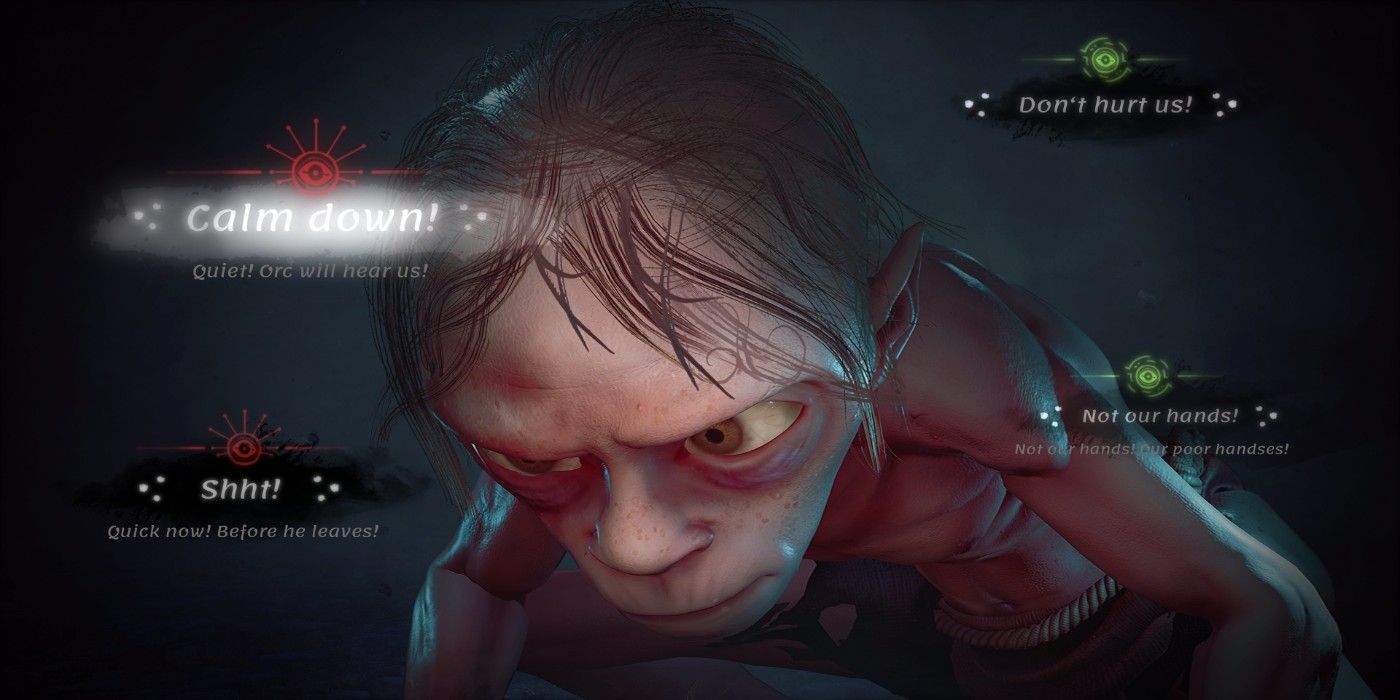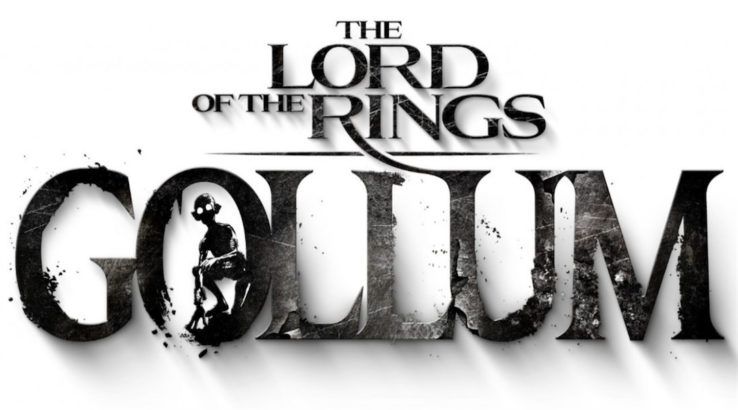To much fanfare among Lord of the Rings enthusiasts and gamers, Daedalic Entertainment has taken on the task of creating a narrative-focused game revolving around one of Middle-Earth's most complex characters in Lord of the Rings: Gollum. The game will take players through Gollum's life narrative on adventures that traverse both familiar and newly told stories that will not be based off Peter Jackson's take in The Lord of the Rings film adaption.
Developers of Lord of the Rings: Gollum revealed that Gollum will be a more nuanced and complex character than the one portrayed in Peter Jackson's The Lord of the Rings films, and it may portray closer insight into Gollum's mental health issues and his transition into the insanity which he suffers from.
Lord of the Rings: Gollum and Hellblade: Senua's Sacrifice
Given Gollum's state of mentality and overall mental health, similarly to Hellblade: Senua's Sacrifice, there is potential here for Lord of the Rings: Gollum to build strong and complex narrative approaches to addressing real world mental health issues and present the characteristics and issues in a way that delves deeper into the character of Gollum beyond his good and evil dual-personality framework.
Hellblade: Senua's Sacrifice starred a female protagonist with psychosis and aimed to ensure players not only empathized with her, but obtained a deeper understanding of how psychosis has an effect on one's conscious. Given that Gollum endures the pains and complications of Dissociative Identity Disorder, there is an opportunity for players to invoke the way in which Gollum thinks in certain situations according to characteristics of that disorder.
Gollum's disorder of Dissociative Identity Disorder, in short, is often known as having multiple personalities. In the case of Gollum, he is often talking to his past identity as a hobbit known as Smeagol, before the ring transformed him. Given that the entire game will have the spotlight focused on Gollum, there should be more opportunity to establish more nuances in Gollum's character. For example, in the films, Gollum is portrayed through the framework of this disorder in very simple terms by which he simply resonates a "good" hobbit known as Smeagol before, and becomes an "evil" personality known as Gollum after getting his hands on the ring.
This creates a rather simplistic contrast between a good and evil version of the character portraying him in light of the most common denominators most of the time. Granted, the film does show some quick segments that portray Gollum's spiral into insanity, but it by no means gives viewers a sense of ongoing and evolving character development. After all, real life mental disorders often transpire within the human mind slowly and over time too.
Another way in which Lord of the Rings: Gollum can give more meaning and depth to Gollum is by establishing not only empathy, but perhaps some sympathy for the character of Gollum, even in his worst of times as Gollum's place in The Lord of the Rings timeline approaches doom.
There were a few segments in the films in which elements of Gollum's past identity as Smeagol surface to the face level, but they are quick and momentary lapses of Gollum's usual behavioral normality. Lord of the Rings: Gollum can hopefully provide more room for fans to see the many sides of Gollum that break from the mold of an evil monstrosity in The Lord of the Rings universe, in which Gollum deals with situations that reflect new personality traits unexpected of him.
In summary, Lord of the Rings: Gollum needs to take its time in voyaging through his transition from Smeagol to Gollum, while providing different angles in portraying Gollum with nuance. For example, fans may want to see more insight into the ways in which Gollum's desire for the ring creates a lot of anxieties and impulsive behavior in his day-by-day living circumstances and arrangements. Linking those various characteristics to Gollum's behavior in different tribulations and scenarios can build a personality of various behavior types that are not always portrayed and limited within the perimeters of an individual that is constantly manipulating others with an agenda at hand.
For example, if Gollum finds himself in a situation that is absent from any anxiety-inducement or characters to which he sees any manipulative benefits to be had, perhaps Gollum may show some positive traits and motives within his behavior and overall character in confronting situations and may not always demonstrate bad intentions at all times and in all situations.
Daedalic Entertainment certainly has a great opportunity on its hands in establishing a game that revolves around one of the most beloved or infamous characters in the fantasy genre. Whether or not Daedalic Entertainment chooses to follow a similar route in providing deeper understanding of mental health issues such as those in Hellblade: Senua's Sacrifice, Gollum should at least prove to be a more multi-angled and nuanced character hopefully.
Lord of the Rings: Gollum is in development and will be released in 2021 for PC, Playstation 5 and Xbox Series X.



